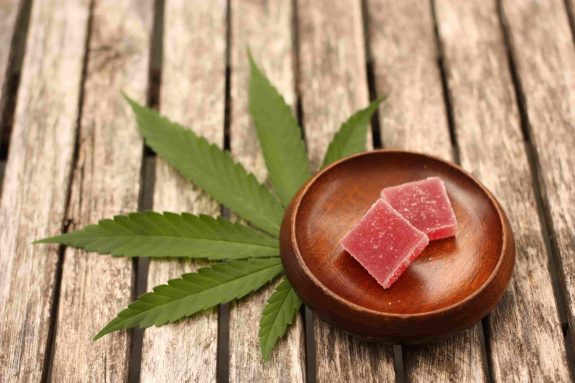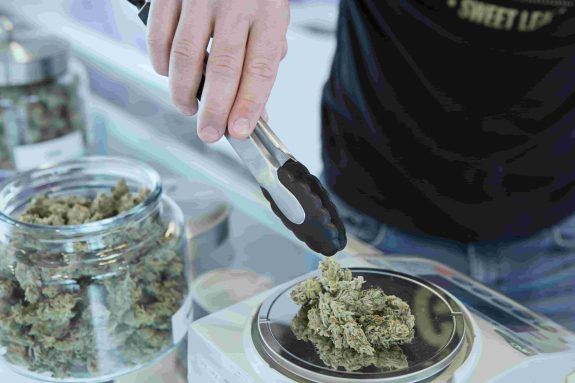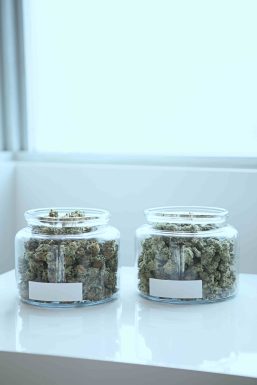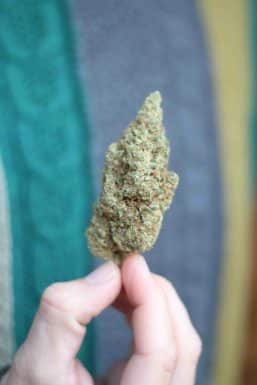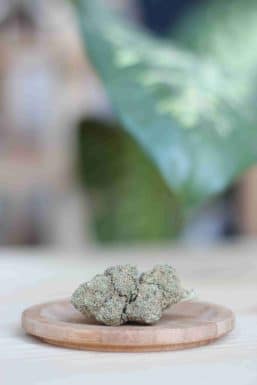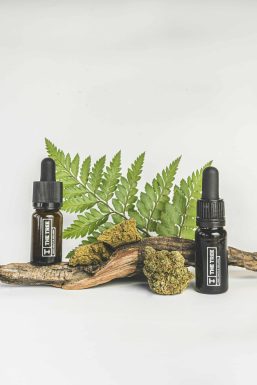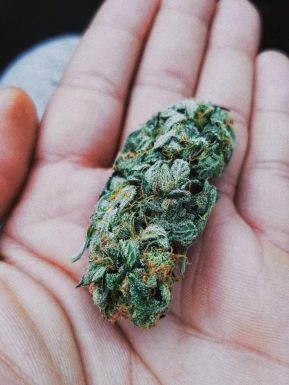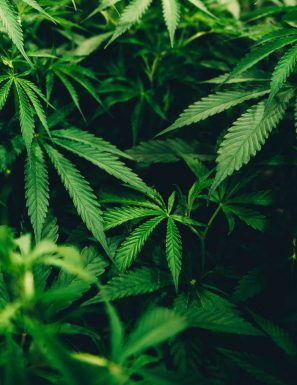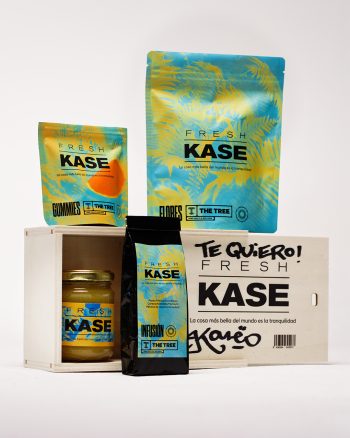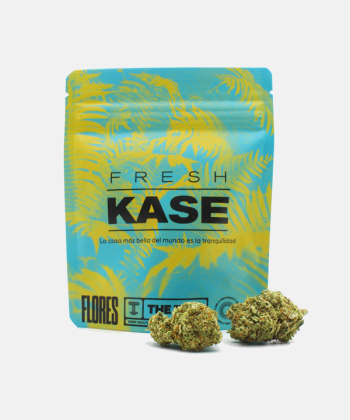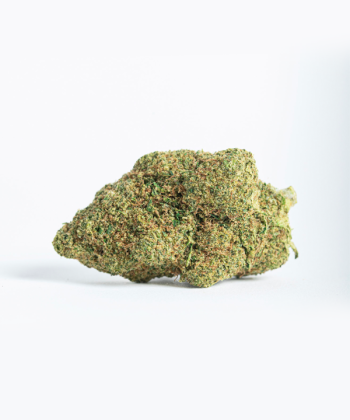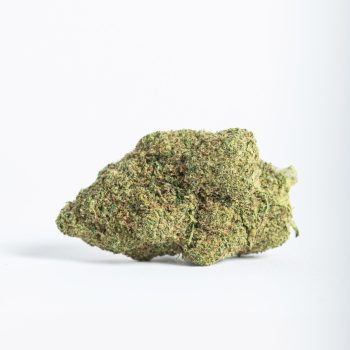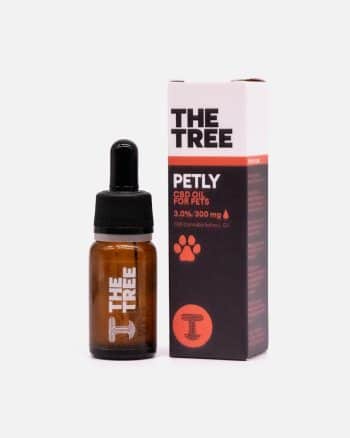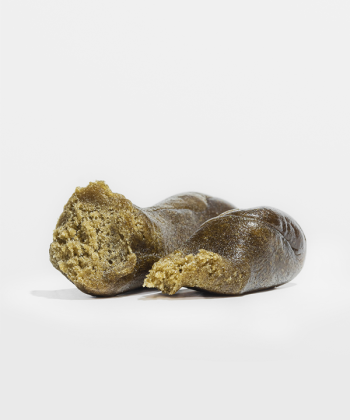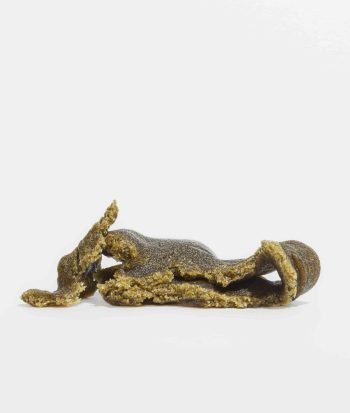
THC and CBD: All their differences

Main differences between THC and CBD
Both THC and CBD belong to a group of chemical compounds known as cannabinoids. This class of substances is produced exclusively by cannabis plants and has the ability to interact with the mammalian endocannabinoid system.
Both tetrahydrocannabinol, or THC, and cannabidiol, or CBD, are the main cannabinoids produced by cannabis plants. In other words, they are the cannabinoids that are usually found in the greatest quantities in this plant species.
What is tetrahydrocannabinol or THC?
THC is the cannabinoid responsible for the psychotropic effect of marijuana. It is a substance that has the ability to alter the perception of those who consume it. In other words, it is a drug.
Given this ability to alter perception and consciousness, it also has the potential to be addictive. Most people who try THC, whether using hashish or marijuana, do not develop an addiction. However, it is estimated that 10% of users do become dependent.
The legal status of THC varies widely from country to country. In places such as Canada or Uruguay, recreational use is perfectly legal among the adult population. But there are also others, like China and Saudi Arabia, where simple possession is punishable by imprisonment or even capital punishment, depending on the amount.
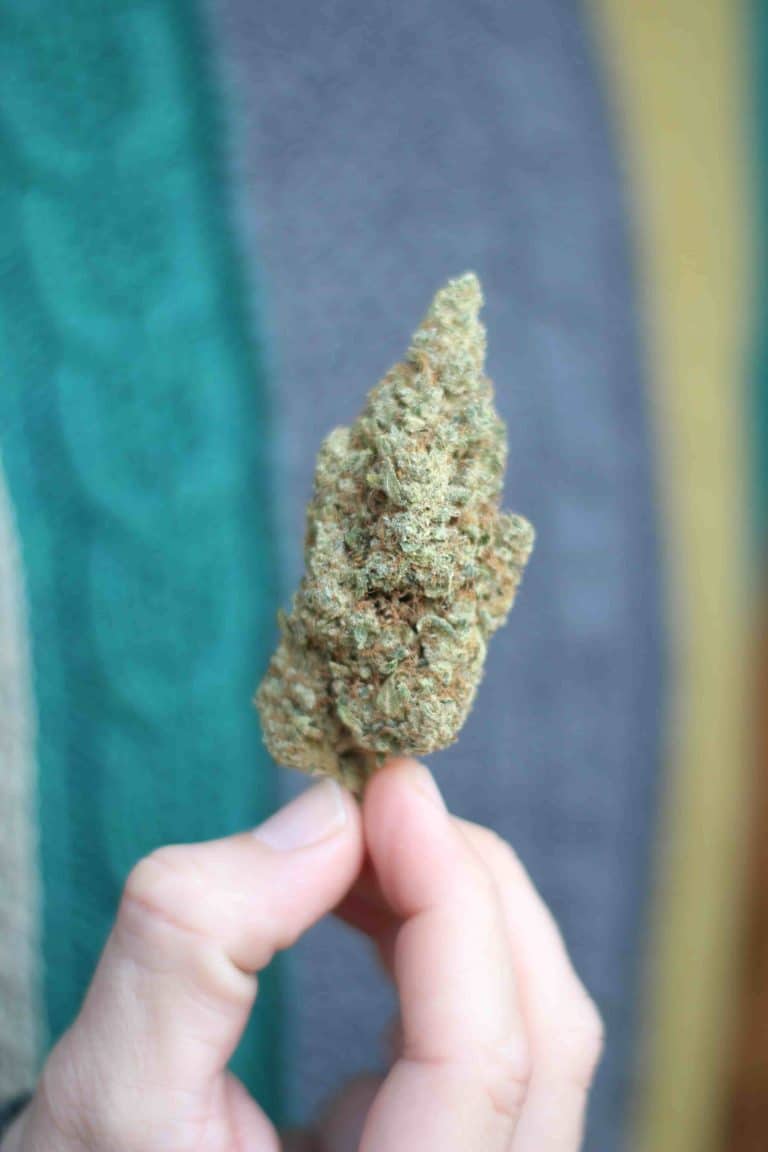
What is cannabidiol or CBD?
CBD is the main cannabinoid found in hemp. It is a compound with numerous benefits and without any psychotropic effects, so it does not alter your perception like THC. In recent years as researchers has explored its properties, it has become increasingly popular.
The legal status of CBD is very different from that of THC, as it is not illegal in any country. While possession of cannabis may be prohibited in some countries, pure CBD, as a molecule, is not illegal.
What is the relationship between THC and CBD?
CBD and THC are both cannabinoids, i.e. they are a type of substance that is unique to cannabis. However, not all cannabis plants produce large amounts of THC or CBD. Depending on the type of plant, they may produce a lot of THC or a lot of CBD, medium levels of both, or neither.
Although both compounds are psychoactive because they have the ability to interact with our nervous system, THC is psychotropic and potentially addictive. CBD, on the other hand, has many benefits and lacks the perception-altering ability of THC.
Both are produced by cannabis plants, but THC is the main active component of marijuana and is illegal in many countries. CBD, on the other hand, is the most abundant cannabinoid in hemp and is perfectly legal in most countries. So, what are the differences between hemp and marijuana?
What distinguishes hemp from marijuana?
Cannabis is an ancient plant that has accompanied humankind since prehistoric times because of its diverse uses. Unfortunately, in the last hundred years it has been popularised as a drug, however, hemp was once used for almost everything.
Hemp, rich in CBD, and marijuana, rich in THC, both belong to the Cannabaceae family, which, in turn, is a member of the Rosales order of flowering plants. Both plants are almost identical, so it is difficult to distinguish them at first glance. They both have the typical cannabis leaf divided into more than 5 folioles, which we are all familiar with, and in both plants the females produce buds.
However, while marijuana yields abundant flowers with a relatively high THC content, hemp has traditionally been regarded as a textile plant. In other words, throughout history, hemp has been cultivated with an emphasis on the formation of a tall, strong stalk, from which fibre is obtained.
Hemp was such an important plant that, during World War II, the US government encouraged farmers to grow it under the slogan “Hemp for victory”. The textile fibre obtained from the plant was used to make military uniforms and rope, among other things.
It was also cultivated for its seeds, which are among the most nutritious in nature. However, in the past people did not know what CBD was, nor did they know its properties. Therefore, hemp was not grown for the purpose of obtaining flowers, and cultivation techniques were geared towards the production of fibre or seeds.
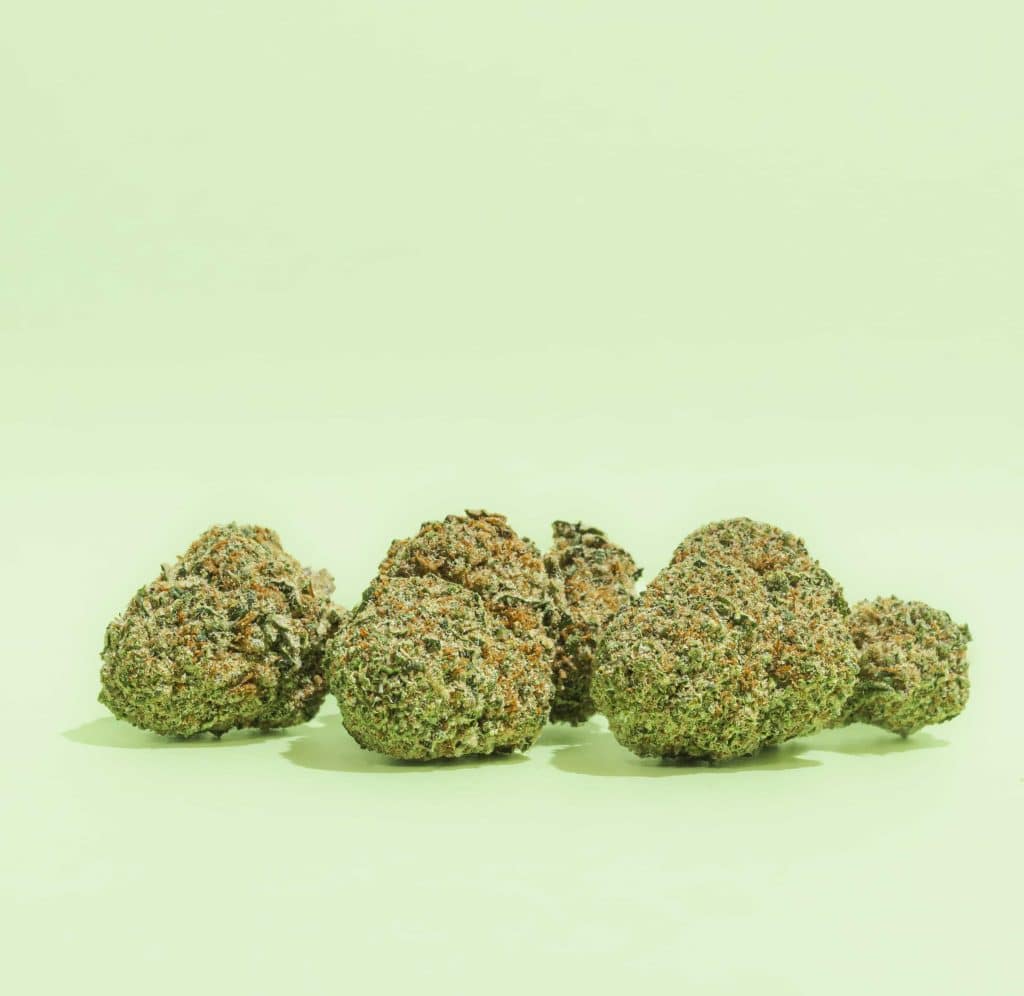
If hemp is a textile plant, where does CBD come from?
CBD comes from the flowers of unpollinated female hemp plants, i.e. those that have not produced seeds. These have specialised structures that produce cannabinoids and terpenes, called trichomes.
Given marijuana was traditionally grown for flowers and hemp for fibre and seeds, the benefits of CBD were unknown, and there was no research on how to produce hemp flowers.
The discovery of CBD’s wide range of properties has led to researching new ways of growing hemp that enhance flower and cannabinoid production.
In other words, traditional varieties of industrial hemp, which, by law, cannot exceed 0.2% THC, are being cultivated using new techniques, which makes it possible to increase production of flowers with high percentages of CBD.
Why do some CBD products contain THC?
As we have explained in previous paragraphs, marijuana produces mainly THC and hemp produces mainly CBD. However, this does not mean that marijuana does not produce CBD or that CBD does not produce THC, but rather they are not its main cannabinoids.
Marijuana also produces CBD in low amounts, just as hemp produces THC in low amounts. This is why there is a legal limit of 0.2% THC for hemp.
This is also why we can find full-spectrum CBD oils that contain all of the plant’s cannabinoids, including THC. As some people prefer not to consume any THC at all, there are also broad-spectrum oils, which retain all cannabinoids except THC.
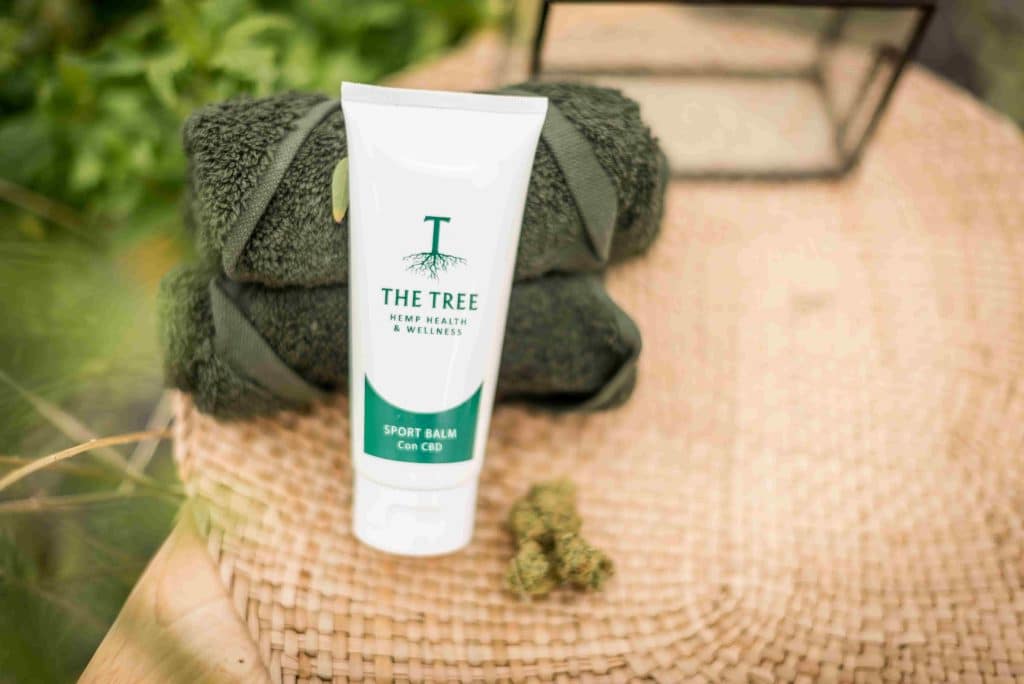
Frequently asked questions about differences between THC and CBD
What is the main difference between THC and CBD?
What do THC and CBD have in common?
Do all cannabis plants produce THC and CBD?
Are there other cannabinoids besides THC and CBD?
Featured CBD products

CBD dosage calculator

Find the best CBD product for you
More about CBD
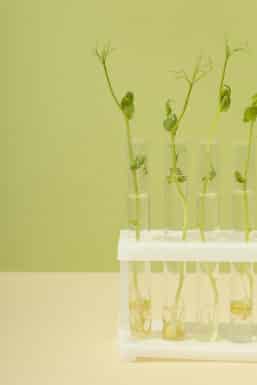
What is THCA?
THCA or tetrahydrocannabinolic acid is a cannabinoid actively produced by the cannabis plant. It’s also the direct precursor of THC, the substance responsible for the

The Tree CBD team were at Spannabis!
After a busy weekend at Europe’s largest dog show, Spannabis. The Tree CBD team returns with renewed energy and with more enthusiasm. Even to bring
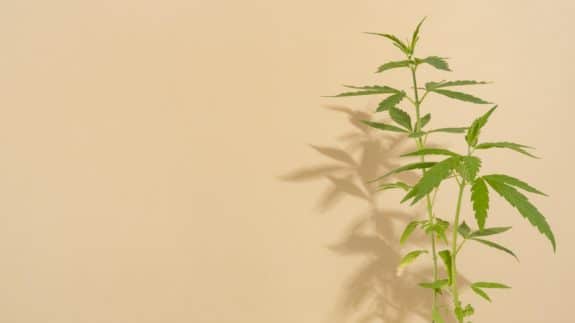
What is THCV and what are its effects?
THCV or tetrahydrocannabivarin is a minor cannabinoid that is part of the chemical family of compounds found in the cannabis plant. Like other compounds in






